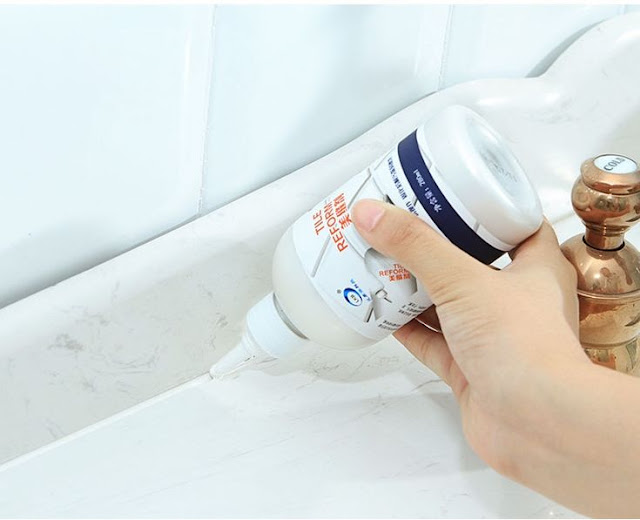Liquid Waterproofing Membranes: Advantages
Upon drying liquid waterproofing membranes are applied as paints; they form an elastic membrane with excellent waterproofing capability. Waterproofing solutions manufacturers have produced many of these membranes from various materials, such as cement, silicone resins, acrylic copolymers, polyurethanes, or waterproofing agents for bituminous and asphalt.
Before choosing one solution or another, it is important to consider that not all waterproofing membranes are suitable for all surfaces; nor are all membranes suitable for all roof applications.

The option of the waterproof membrane is now vast and can be confusing, and while new products are coming onto the market all the time, the concepts of good waterproofing have not changed or will not change either on a roof or in a basement. Water is capable of discovering the slightest flaw and accessing a property leaving nothing to chance. Consult a skilled installer who can conceive of the project's chance of water penetration.
Before choosing one solution or another, it is important to consider that not all waterproofing membranes are suitable for all surfaces; nor are all membranes suitable for all roof applications.
Factors to consider before selecting a solution for the liquid membrane
Passability
Waterproofing membranes with high resistance to foot traffic should be required for roofs subject to the movement of people, such as water-soluble polyurethane membranes.Level of Protection Of The System
Some systems may consist of heavy protective layers as well as finishing layers which prevent separation from the support and protect it against environmental agents and mechanical damage.Material Compatibility
The membrane's structural characteristics need to be taken into account to ensure it carries the covering weight. Materials require consistency. For example, if the waterproof grout sealer is not resistant to cement alkalis, it should not be used to cover a liquid membrane, because it will crumble and ultimately kill it. In addition to this element, damage to the membrane when applying the covering must be avoided during the operation of the device. When the liquid membrane is removed, this may occur while applying mortar with a trowel.Insulin Capabilities
The insulating properties of the waterproofing membrane are not compositional features; i.e., they do not depend on whether they are acrylic, polyurethane, or any other component. These compounds do not have any important insulating properties in and of themselves. The potential benefit depends on colour-related pigment technology.Requirements for Implementation
Another important factor is recognizing the circumstances in which the implementation of each membrane is not recommended. There are also limitations due, for example, too low temperatures. Additionally, it can be critical to apply on surfaces with extreme isolation.
Main advantages of waterproofing membranes
Easy Application
The formula is spread with a brush, roller, or spray tool, much like any other paint. This can be applied conveniently to vaulted or steeply inclined roofs, with a waterproof grout sealerHigh Elasticity
Thermal expansion is a problem on surfaces such as terraces with direct exposure to sunlight which directly affects products for the waterproofing of terraces. Liquid membrane elasticity prevents cracks and other defects which may compromise its quality.Long Usable Life
Waterproofing membrane properties extend overtime without diminishing their efficiency. As with other approaches, routine maintenance is not, in general, necessary. Such benefits are related to its high environmental resistance, aging, and ultraviolet radiation,The option of the waterproof membrane is now vast and can be confusing, and while new products are coming onto the market all the time, the concepts of good waterproofing have not changed or will not change either on a roof or in a basement. Water is capable of discovering the slightest flaw and accessing a property leaving nothing to chance. Consult a skilled installer who can conceive of the project's chance of water penetration.




Comments
Post a Comment